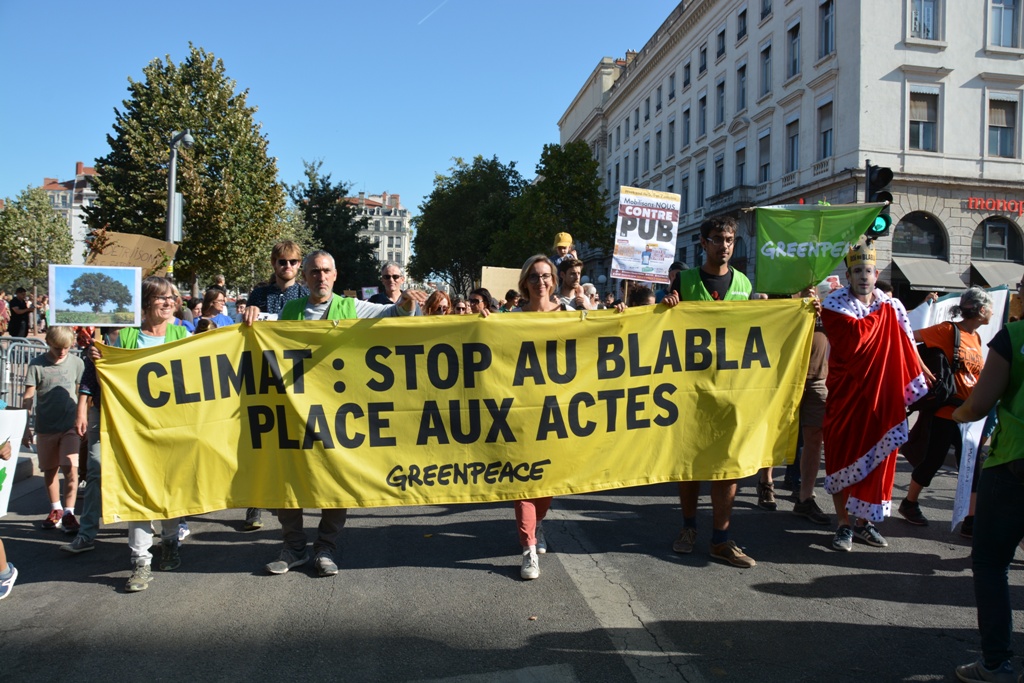On Thursday October 17, 2024, the Lyon region was once again hit by bad weather of unprecedented violence. Towns like Givors, Irigny and Brignais have suffered significant damage, highlighting a major problem: who should bear the costs of these natural disasters, which are increasing under the effect of climate change?
A question that is all the more pressing as the bill is increasing for individuals, businesses and local authorities alike!
Faced with this reality, #Greenpeace France names a culprit: oil and gas companies. The latter, whose CO2 emissions contribute massively to global warming, should, according to the NGO, be used to finance repairs for damage caused by climate disasters. The Greenpeace Lyon activist, Michael Gremaudbelieves that“It’s time for these companies to take responsibility”. According to him, large energy companies, such as TotalEnergies, BP or Exxon, which generate colossal profits, must now contribute to the costs of repairing the disasters for which they are, in part, responsible.
The Lyon region particularly affected by climate change
Climate experts are unanimous: oil and gas companies are largely responsible for this situation.
According to studies, 86% of global CO2 emissions are attributable to them. Yet these companies continue to make record profits. In 2023, TotalEnergies earned nearly 20 billion euros, while at the same time, climate disasters cost insurers 6.5 billion. This disproportion highlights an injustice: those who suffer the most from the effects of global warming are often those who are least responsible for it!
The Langreney report, submitted to the French government in April 2024, warns of the explosion of costs linked to climate disasters, even as public investments to adapt society to these challenges decrease. It is therefore becoming urgent to rethink the financial system and make historical polluters, particularly oil and gas companies, contribute to repairing the damage.
According to Greenpeace, the current insurance system is running out of steam.
If the costs of climate damage continue to rise, it will be impossible for insurance companies to keep up. The report published by the NGO on October 10, 2024 shows that by 2050, the costs of damage linked to bad weather are expected to double. It is individuals who will bear the burden, with higher out-of-pocket costs, an increase in insurance premiums and an accumulated tax burden. Meanwhile, the oil and gas majors continue to post profits!
For Greenpeace, it is therefore urgent to ask the question: why did these companies, whose profits are reaching record highs, not participate in financing the repair of the damage they caused?

